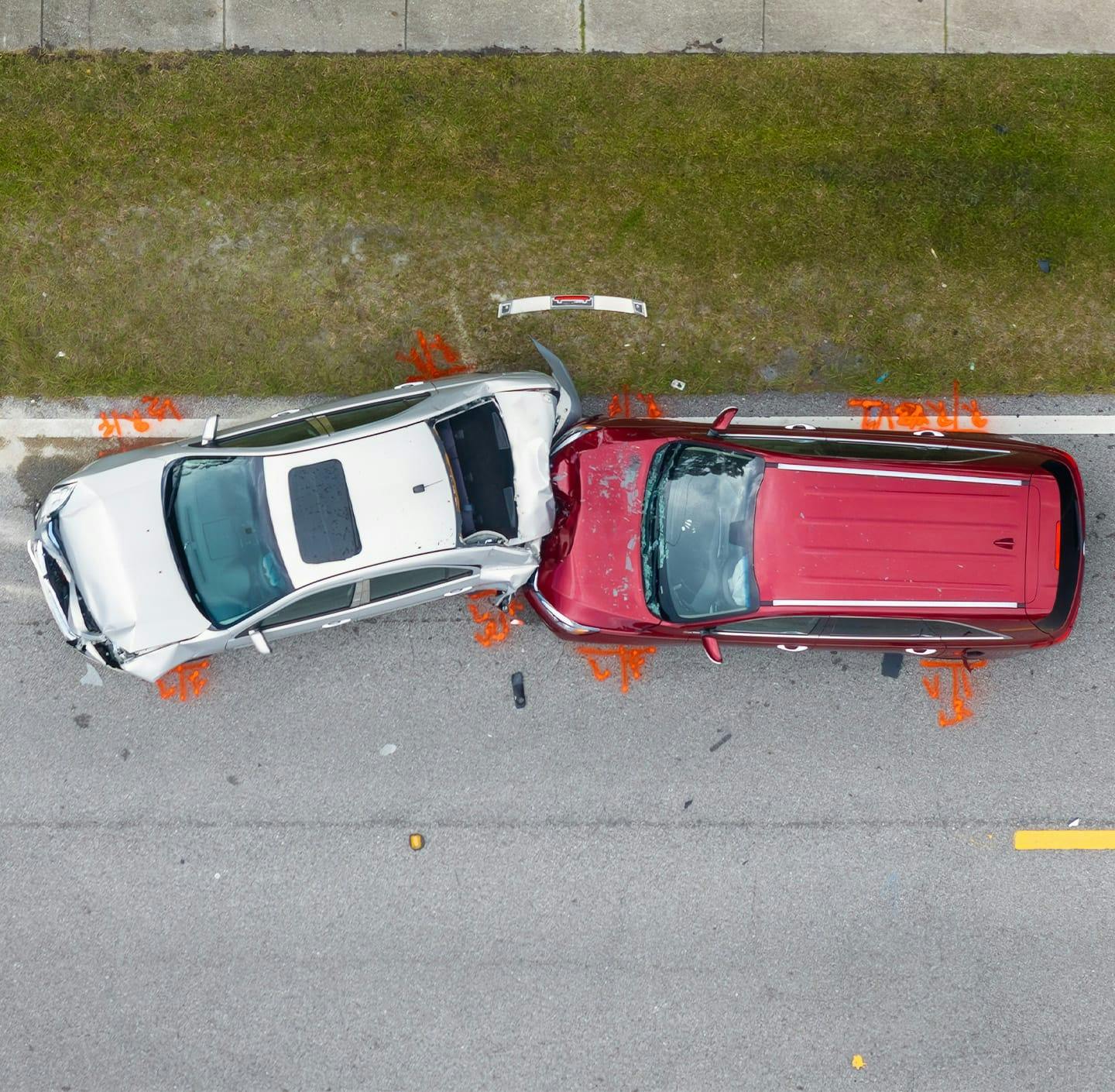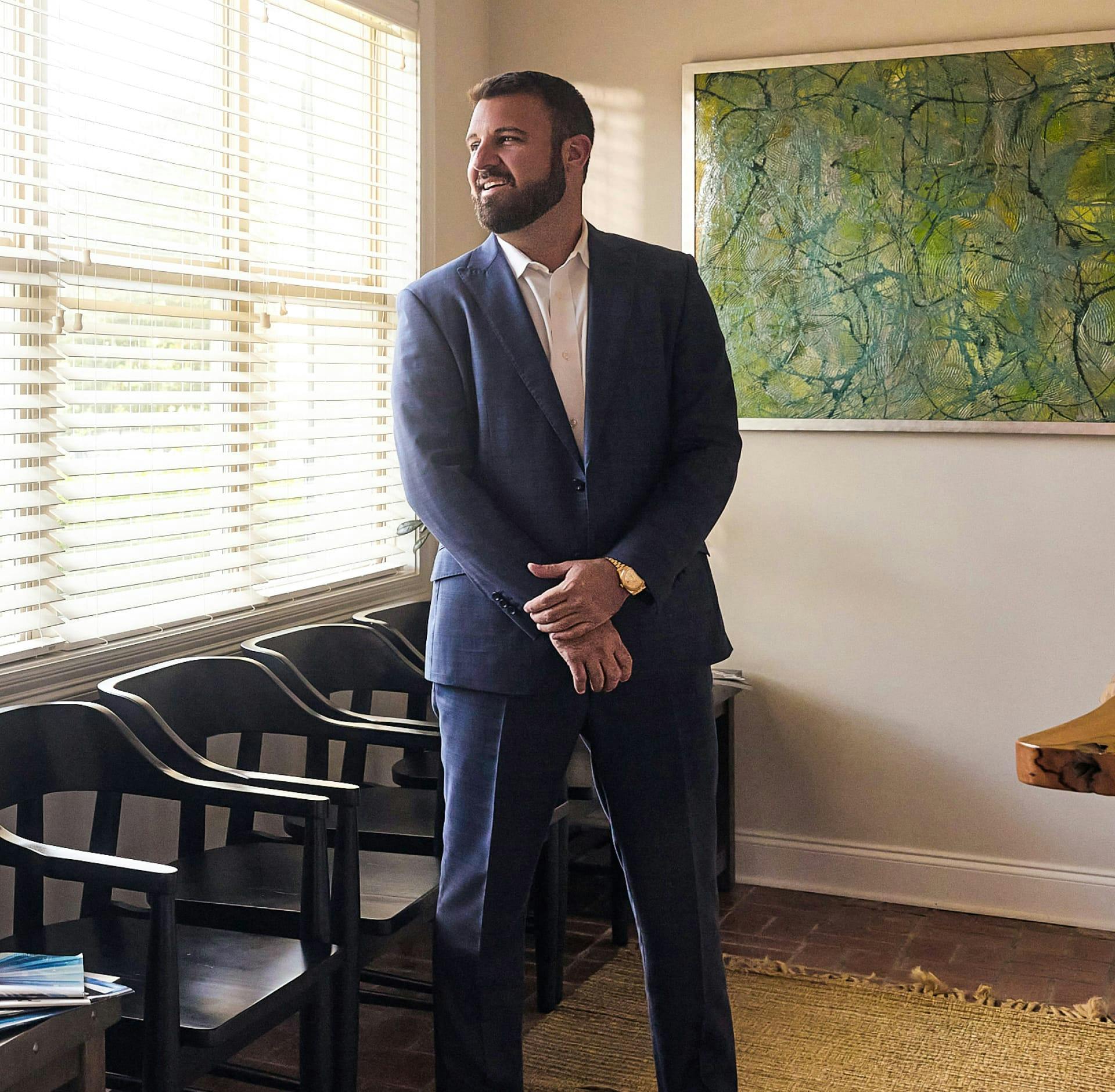How Do Most Rear End Collisions Happen?
Most rear end accidents are caused by the driver in the rear vehicle. Common causes of this type of crash include speeding, tailgating, distracted driving, fatigued driving, and inattention. Less frequently, however, a rear end collision may be the fault of a front driver who cut off the rear driver by merging or changing lanes too closely; stopped suddenly for no reason in the middle of the roadway; or failed to repair a broken taillight.





